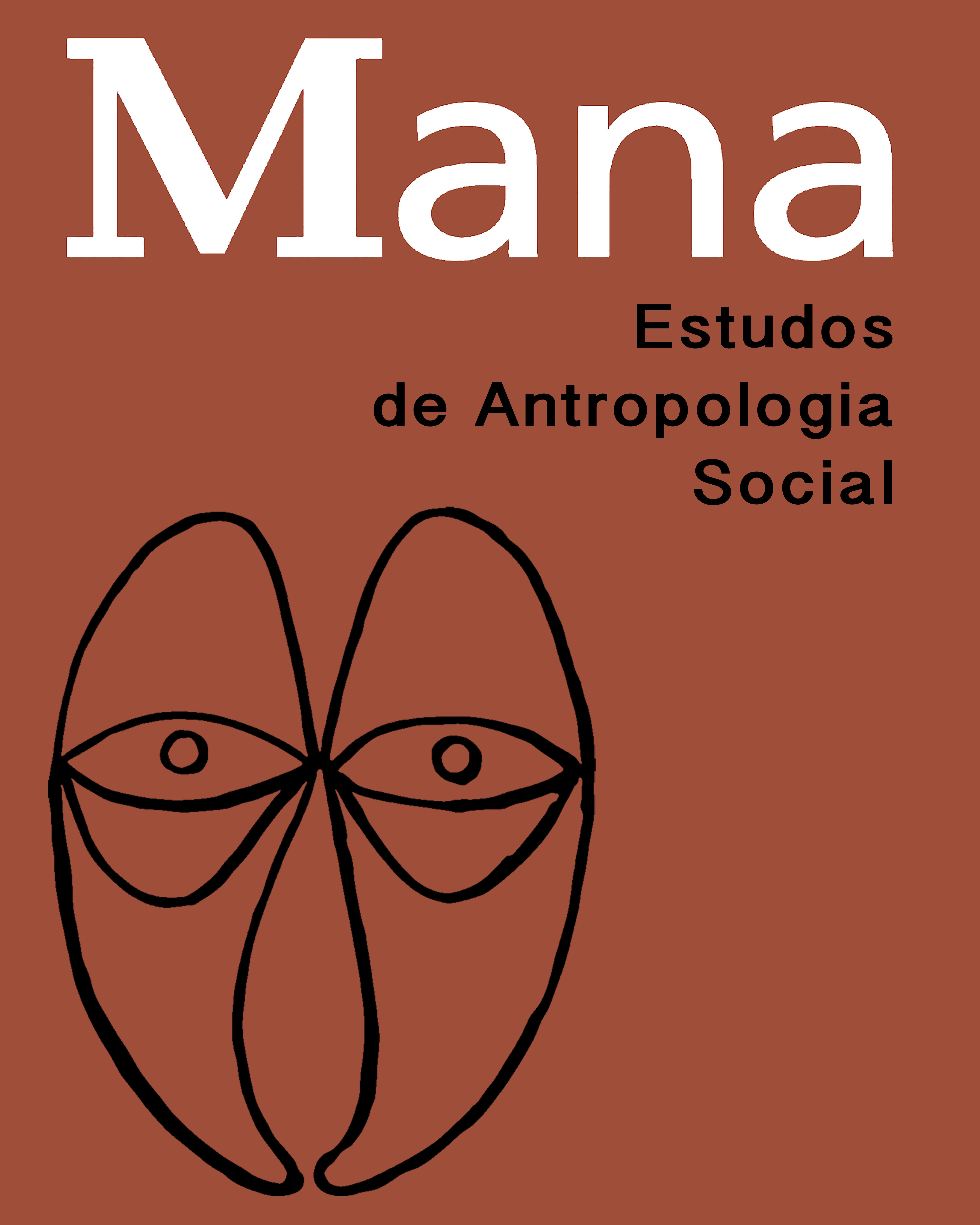This article analyzes the impact of asymmetrical relations of "mastery" or "ownership" on the creation and perpetuation of kinship. Its ethnographic focus is the Kanamari, a Katukina speaking people of western Amazonia, who distinguish between two modalities of distributing and consuming food: "feeding", designating an asymmetrical relation of dependency; and "commensality", implying mutual relations of sharing food. The second category of relations is derived from the first, which is the baseline from which Kanamari kinship is constituted. Mastery is hence logically and ontogentically anterior to mutuality. The article explores this anteriority through an analysis of pet keeping practices, and the bonds between mother and child and chiefs and follower. It also explores the relationship between "feeding", "commensality" and "predation", arguing that, for the Kanamari, feeding is the means for transforming predation into commensality.
Feeding; Amazonia; Commensality; Kanamari; Mastery; Kinship
